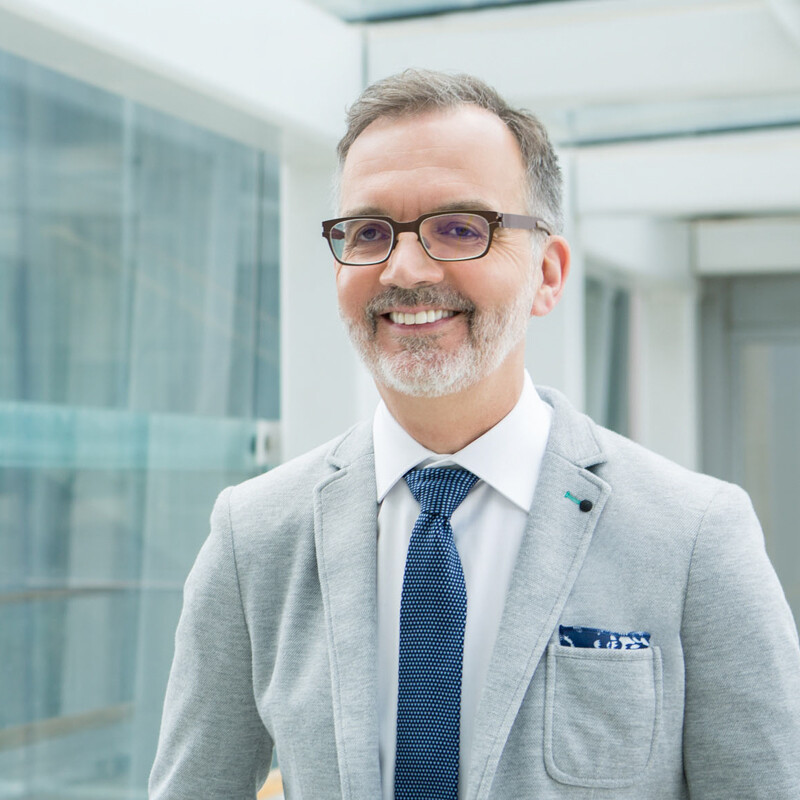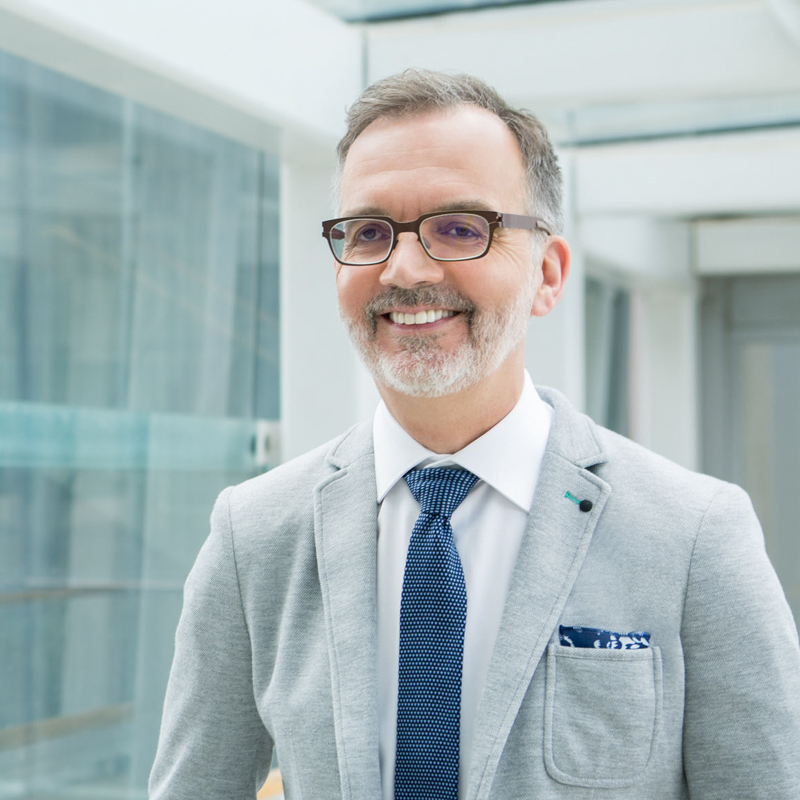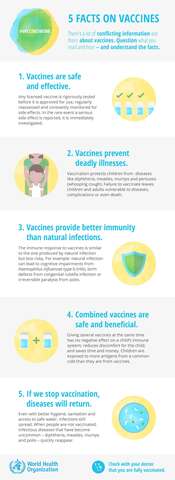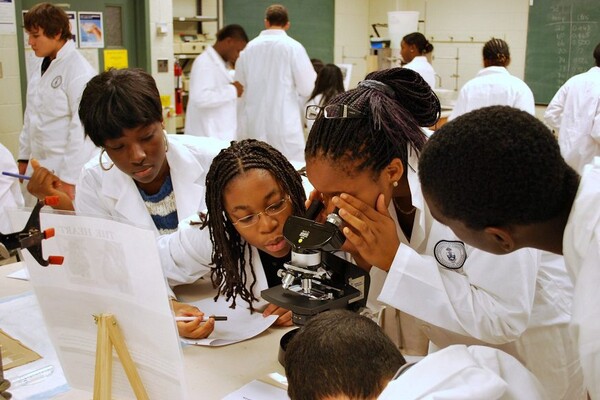Mobile Menu
- Education
- Research
-
Students
- High School Outreach
- Undergraduate & Beyond: Community of Support
- Current Students
- Faculty & Staff
- Alumni
- News & Events
- Giving
- About

 Today, we are seeing outbreaks of a disease that was declared eradicated in Canada in 1998 and two years later in the United States. In the Pacific Northwest, Metro Vancouver, Inuvik — and now with a confirmed case here in Toronto — measles is making a comeback. That’s due, in part, to decisions made not to vaccinate children. As I and then Dalla Lana School of Public Health (DLSPH) Dean, Howard Hu, wrote in 2015, we know that “vaccination is a cornerstone of public health and medicine. Over the last 50 years, it has saved more lives than almost any other health measure.”
Today, we are seeing outbreaks of a disease that was declared eradicated in Canada in 1998 and two years later in the United States. In the Pacific Northwest, Metro Vancouver, Inuvik — and now with a confirmed case here in Toronto — measles is making a comeback. That’s due, in part, to decisions made not to vaccinate children. As I and then Dalla Lana School of Public Health (DLSPH) Dean, Howard Hu, wrote in 2015, we know that “vaccination is a cornerstone of public health and medicine. Over the last 50 years, it has saved more lives than almost any other health measure.”
The reoccurrence of measles in Canada and the United States illustrates the importance of vaccination. The World Health Organization (WHO) reports that in 2017, there were 110,000 measles deaths globally, mostly among children under the age of five. However, measles vaccination resulted in an 80 per cent drop in measles deaths between 2000 and 2017 worldwide, which prevented an estimated 21.1 million deaths. Despite the positive impacts vaccination has had in combatting one of the most highly contagious and serious diseases, the WHO has declared vaccine hesitancy one of the top 10 threats to global health in 2019. They wrote, “Vaccine hesitancy… threatens to reverse progress made in tackling vaccine-preventable diseases.”
We — as health care professionals — are uniquely positioned to stem the tide. The WHO’s Strategic Advisory Group of Experts on Immunization reports that “health workers remain the most trusted advisor and influencer of vaccination decisions.” We can use our voices, knowledge and research to turn these efforts to provide teachable moments for our patients and communities. I’m proud to see members of the U of T community have been doing exactly that. Let me highlight just a few examples:
We should always be ready and willing to critically question and re-evaluate conventional wisdom. But we must do so through diligent and rigorous scientific research. When the overwhelming weight of evidence points to the clear benefits of vaccinations, we must say so — loudly and clearly. Let’s continue to explain the value of vaccination to our patients, friends and neighbours.
Trevor Young
Dean, Faculty of Medicine
Vice Provost, Relations with Health Institutions
University of Toronto


